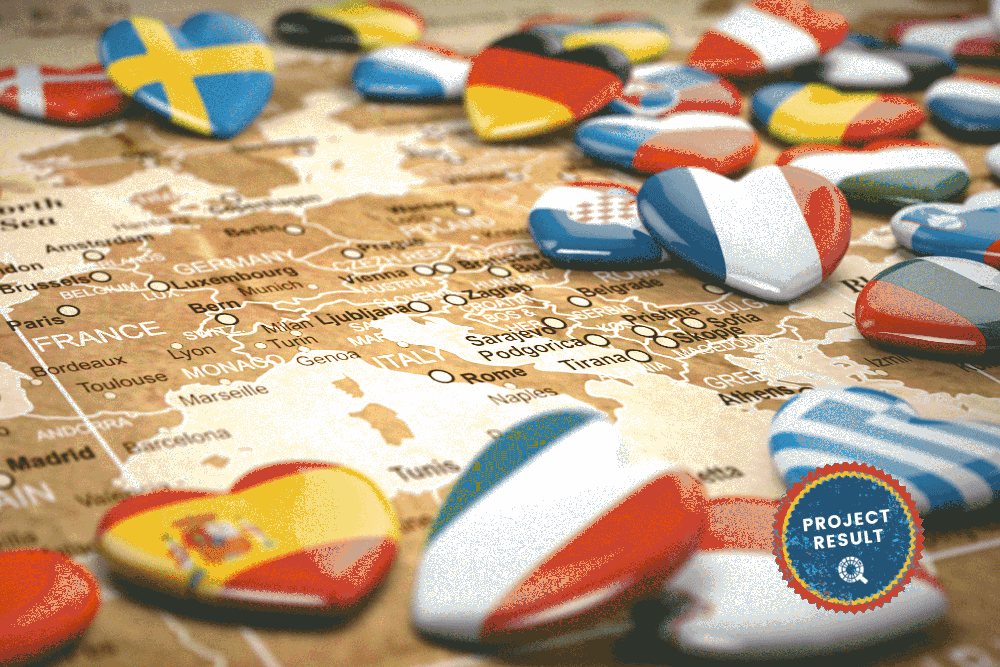Since November 2019 the international research project CS Track has been combining traditional social-science methods with web-based and computational analytics in order to systematically survey the field of Citizen Science.

We would like to inform that this project is inactive since December 2022. As a result, the content presented on this website is static, which means it cannot be updated, and no new information will be added. Consequently, interactive features such as the search function, or subscription and commenting capabilities are unavailable.

Since November 2019 the international research project CS Track has been combining traditional social-science methods with web-based and computational analytics in order to systematically survey the field of Citizen Science.
In this article, we analysed linkages between tweets and SDGs in our dataset by means of classification algorithms. In addition, the network of retweets for each SDG is provided.
Through this Twitter analysis it was possible to demonstrate that some SDGs are much more discussed than others among the Citizen Science community of Twitter.
Analysing the discourse in discussion forums of CS projects can help to understand underlying patterns of collaborative knowledge creation and to identify highly engaged users. We ask the question: What can the quantitative analysis of forum data tell us about these patterns?
How can we make the CS Track database of Citizen Science projects interactively accessible for the purposes of interest-driven retrieval, navigation and comparative analysis as well as for checking and correcting existing information items and adding new ones? To achieve this, we have developed the Analytics Workbench.
The CS Track research team, led by partners Christine Urban and Michael Strähle from the Wissenschaftsladen Wien – Science Shop Vienna, has published a report called Conceptual Framework for Analytics Tools.
The page you requested could not be found. Try refining your search, or use the navigation above to locate the post.